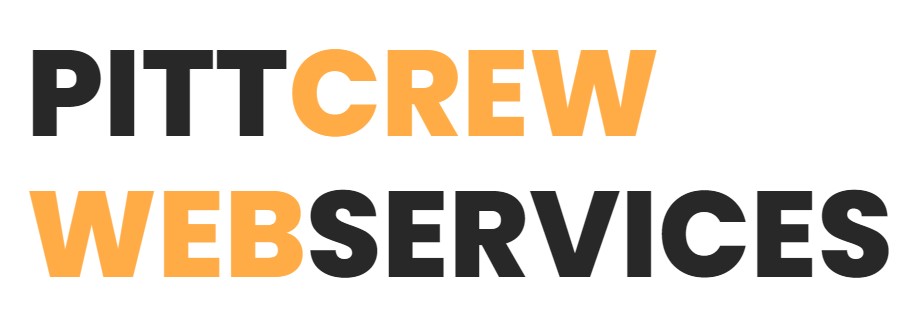The implementation of Secure Sockets Layer (SSL) is a critical aspect of website optimization for several reasons. Firstly, it ensures that all data exchanged between the web server and the user’s browser is encrypted, which provides an extra layer of security for sensitive information such as credit card numbers, login credentials, and personal information. This is especially important for e-commerce websites and other sites that handle sensitive data.
Secondly, an SSL certificate also establishes trust and credibility with users. Websites that have an SSL certificate installed on their server are identified by a padlock icon in the browser’s address bar and the prefix “https” instead of “http”. This visual cue is a signal to users that the website is secure and that their personal information is protected.
Thirdly, Google has stated that SSL is a ranking signal in their search algorithm. Websites that have an SSL certificate installed are more likely to rank higher in search engine results pages (SERPs) compared to those without one. This is because Google wants to ensure that users are directed to websites that are secure and trustworthy.
Finally, SSL also enables the use of HTTP/2 protocol which can help speed up page load times and improve the overall user experience.
In conclusion, the implementation of SSL is an essential step in website optimization as it ensures the security and privacy of user data, establishes trust and credibility with users, and can have a positive impact on search engine rankings. Furthermore, it also enables the use of faster communication protocol which can improve the overall user experience.

